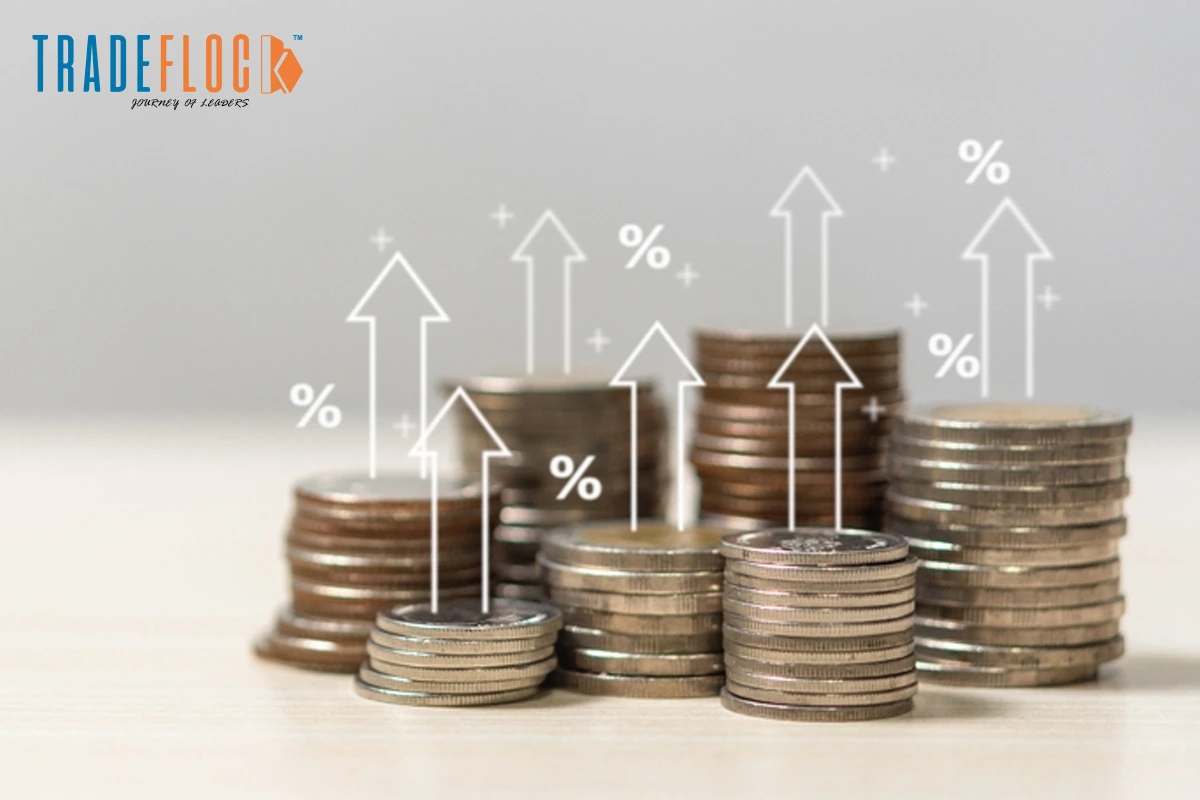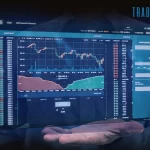A lack of access to quality education, a higher crime rate, growing poverty, etc., are signs of economic inequality in your country. Brazil, Chile, Peru, etc., experience the worst inequality. The World Bank shared in its World Development Report 2024 that around 100 countries are stuck in the middle-income trap, which is connected to this inequality. So, what actually is inequality in an economy? It is the gap between individuals’ incomes and wealth. In today’s blog, we will explain it properly, so let’s begin.
Table of Contents
Economic Inequality Examples
You must have gained some understanding of economic inequality. For more information, see below for two examples of economic inequality.
South Africa
A great example is South Africa. Most of the South Africans faced dark days due to apartheid (a policy of discrimination on the grounds of race). Society was structured to help white people thrive and trample blacks. When this system ended in the 1990s, inequality remained in the country. As of the World Bank Report 2022, the top 10% of South Africans hold 71% of all income, showcasing inequality in the economy.
United States
The USA is the world’s number one economy; however, it’s next among the examples of economic inequality. According to Statista, the top 10% of earners in the USA held 68% of the nation’s wealth in the third quarter of 2022. Meanwhile, the lowest 50% earners held only 3.3% of the total wealth.
Causes of Economic Inequality
In this section, we will learn about the causes of economic inequality. Keep reading to find them out.
1- Rapid Shift in the Job Market
The rapid technological advancement has greatly impacted the traditional job market, turning it upside down. Automation has replaced many traditional jobs, creating a gap between those with specialised skills and those without. This has led to global income inequality.
2- Globalisation
Globalisation enabled multinational corporations to exploit cheap labour in developing nations and increase the income of skilled workers in developed countries. This, too, contributed to global income inequality and widened it.
3- Education Disparities
Almost every country has a group of individuals who lack access to quality education. This limits the opportunities to get better-paying jobs, a major factor accelerating economic inequality.
How To Fix Economic Inequality
There are three prominent solutions to fixing inequality, and they are as follows:
1- Paying A Living Wage
At the current time, almost every country is raising wages for its residents; however, they are not raising them enough to close income gaps. Even countries like India offer unemployment allowances to help people who are not able to get jobs. In a World Economic Forum article, the global director of human rights also highlighted the importance of a living wage.
2- Investing in Public Education
Only quality education can close economic inequality. It will open opportunities for better-paying jobs, remove gender discrimination, and fix global income inequality. So, governments must provide free quality education.
3- Improving Tax System
Improving tax systems and making it redistributive is a key measure to improve economic inequality. In this system, higher-income people pay higher taxes, and lower-income people receive more subsidies. The paid tax can also be used for social programs, improving the education system, and lowering income inequality.
A Way Forward
Economic inequality is a global issue, and almost every country faces it. However, some nations, like Barbados, Norway, Slovakia, Slovenia, and Belarus, have managed to minimise it. The remaining countries also need to solve this problem with adequate strategies.
Frequently Asked Question
1. What is racial economic inequality?
Racial economic inequality refers to the unequal distribution of resources, power, and economic opportunity across races in a society.
2. What are the top 5 countries facing inequality in the economy?
Almost every country in the world is facing this problem, but South Africa, Brazil, the United Arab Emirates, Saudi Arabia, and Namibia are facing the worst situation.
3. What are the 3 Ps of inequality?
Power, People, and Policy are the three Ps of inequality.
4. How many economic systems are there?
There are 4 economic systems: Traditional, Command, Mixed, and Market Economies.





